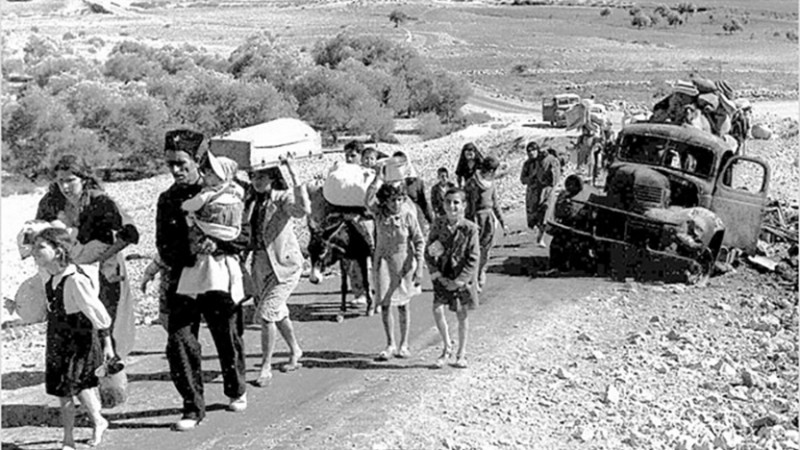By Dr Ranjan Solomon
Israel and Germany are prolonging their fuss over Mahmoud Abbas’ comment on the ‘holocausts’ committed by Israel on the Palestinian people. Abbas cannot reverse facts even if he pulls back his statement. Abbas is no political saint. But he has on this occasion spoken out with courage and truthfully. Germany cannot stomach it because the term sticks on them because of what happened from 1941-45.
Paulo Friere, the widely known Brazilian educator and philosopher famously stated in his book ‘Pedagogy of the Oppressed’ that the oppressed tend to ‘internalize the image of the oppressor’ and hence duplicate the behaviour of the latter when the opportunity arises. In his understanding post-trauma education must propel transformative values which reject replicating the ways of the oppressor. In the tearing hurry to rehabilitate the victims of what happened to the Jews in Europe, the world set out to wash their hands off the problem and dump it on the Palestinians. Balfour’s United Kingdom adopted their practiced colonial inanity of a political legacy where confusions and conflict reined. They left the Palestinians and Israelis at war that later led to ‘The Nakba’.
In his article The Holocaust and the Nakba: Memory, National Identity and Jewish-Arab Partnership, Alon Confino, an Israeli cultural historian and Director of the Institute for Holocaust, Genocide, and Memory Studies, wrote: “The link between the Holocaust and the Nakba is probably the most charged for both Jews and Palestinians. To Jews, the Holocaust is a foundational past, and some would say a unique one, and thus to discuss it in conjunction with any other event may appear to banalize the extermination of the Jews and even to present a moral and political threat. To Palestinians, the Nakba is a foundational past, and since the Jews invoke the Holocaust to justify Zionism and Israel’s actions, to many Palestinians recognition of the Holocaust is tantamount to legitimizing the injustices of the Nakba and the iniquities that Israel continues to wreak upon them. To Germans as well, the juxtaposition of these two events is a sensitive matter, since they feel particularly responsible for the memory of the Holocaust”.
Rather than dwell in polemics, Germany and Israel may want to indulge in solemn futuristic thinking and action by which a political blueprint can be arrived at with a sense of urgency and a new political practice restores a just and peaceful life for the Palestinians. That will happen to be a political space inside which a value-based mutual co-existence is forged and the asymmetry that now undergirds Israel’s colonialist-apartheid State are abandoned. There are no two ways about this option.
A recent statement on behalf of the European Commission affirms: “Past allegations of misuse of EU funds in relation to certain Palestinian Civil Society Organisations have not been substantiated.” The EU also reiterated its ongoing support for such organisations because “they play a crucial role in promoting international law, human rights and democratic values.”
But Ramona Wadi, independent researcher, freelance journalist, book reviewer and blogger is scathing in her assessment of the double-speak by the EU. She disputes the EU’s ‘Pretty words’. In her appraisal, “the significance has greater impact in terms of allowing Israel to continue with its violations unchecked. Primarily, the EU’s praise of such organisations also highlights its own ineptitude. Undoubtedly, civil society and human rights organisations are indispensable, but they have also been made so due to governments’ reliance on violations of international law. The fact that the EU finances civil society organisations in Palestine and will continue to do so is only part of a bigger equation that sees the bloc in a duplicitous role of funding both the oppressor and, to a much lesser extent, the oppressed. Hence, the EU maintains the imbalance in favour of Israeli violence, while Palestinian civil society organisations are restricted in terms of lesser funding in comparison with the magnitude of violations that Israel commits”.
Ranjan Solomon is a human rights activist, political commentator who believes that peoples’ power is a non-negotiable instrument to further democracy and justice.
24 August 2022
Source: countercurrents.org

